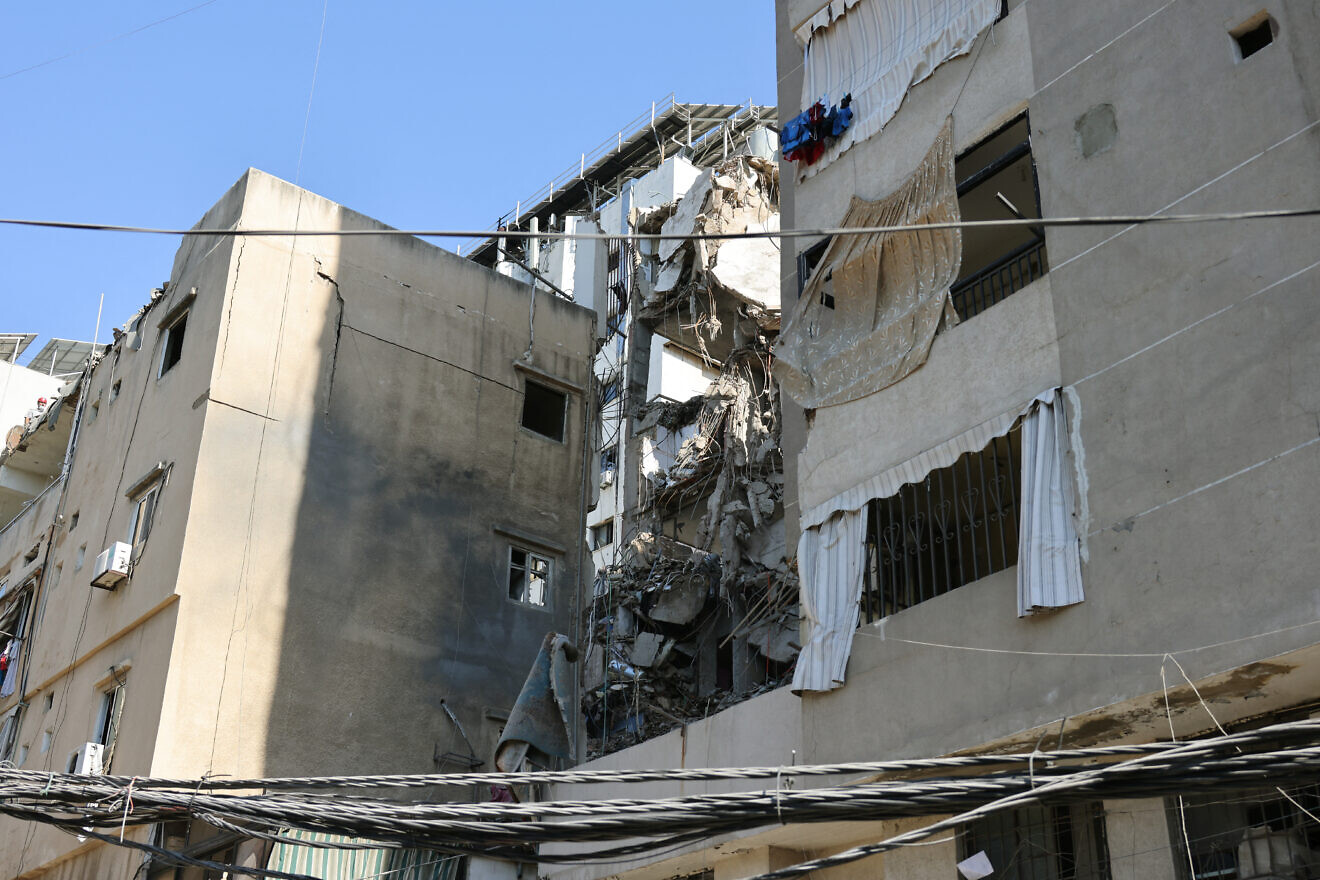The U.S. and other Western nations have urged restraint amid Israel’s targeted killing of Hezbollah’s No. 2 and the subsequent assassination, allegedly by the Jewish state, of Hamas “political” leader Ismail Haniyeh.
Speaking to the press in the Philippines on Tuesday night before the strike on Haniyeh in Tehran, U.S. Defense Secretary Lloyd Austin said that “while we’ve seen a lot of activity on Israel’s northern border, we remain concerned about the potential of this escalating into a full-blown fight. And I don’t believe that a fight is inevitable.”
Although the U.S. didn’t immediately respond to Haniyeh’s death, it directed warships toward the Eastern Mediterranean after Tuesday’s killing of top Hezbollah commander Fu’ad Shukr in Beirut and vowed to come to Jerusalem’s aid should it be attacked.
“We’ve committed to helping Israel defend itself for whatever it takes, and certainly that’s not a scenario that we’d like to see occur. We’d like to see things resolve in a diplomatic fashion going forward,” said Austin.
The German Foreign Ministry said on Wednesday that it is “essential to avoid further escalation and a regional conflagration.
“We call on all actors to exercise maximum restraint, the logic of tit-for-tat reprisals is the wrong path,” a spokesman said.
The European Union’s chief spokesperson for foreign affairs, Peter Stano, likewise called on “all parties to exert maximum restraint and avoid any further escalation,” adding that “no country and no nation stand to gain from a further escalation in the Middle East.”
Italy’s foreign minister, Antonio Tajani, during an interview with the TG1 public television station on Tuesday, warned the Israeli government against “falling for Hezbollah’s provocations” on its northern border.
“Israel has the right to defend itself, but it must prevent the conflict from spreading,” Tajani told his country’s national broadcaster.
Spanish Foreign Minister José Manuel Albares spoke by phone with Lebanese Prime Minister Najib Mikati following the Beirut attack.
“I have conveyed my concerns about the escalation of tensions in the region,” Madrid’s top diplomat tweeted on Tuesday night, adding, “We must continue to make efforts to end violence and protect civilians.”
Shukr was a top Hezbollah commander responsible for Saturday’s rocket barrage that killed 12 children in the Israeli Golan Heights, as well as a 1983 bombing that killed 241 U.S. service personnel in Beirut.
Hours following his assassination, Hamas “political” leader Ismail Haniyeh died when a missile hit his Tehran guest house. The Israeli government has yet to comment on the latter incident.


























